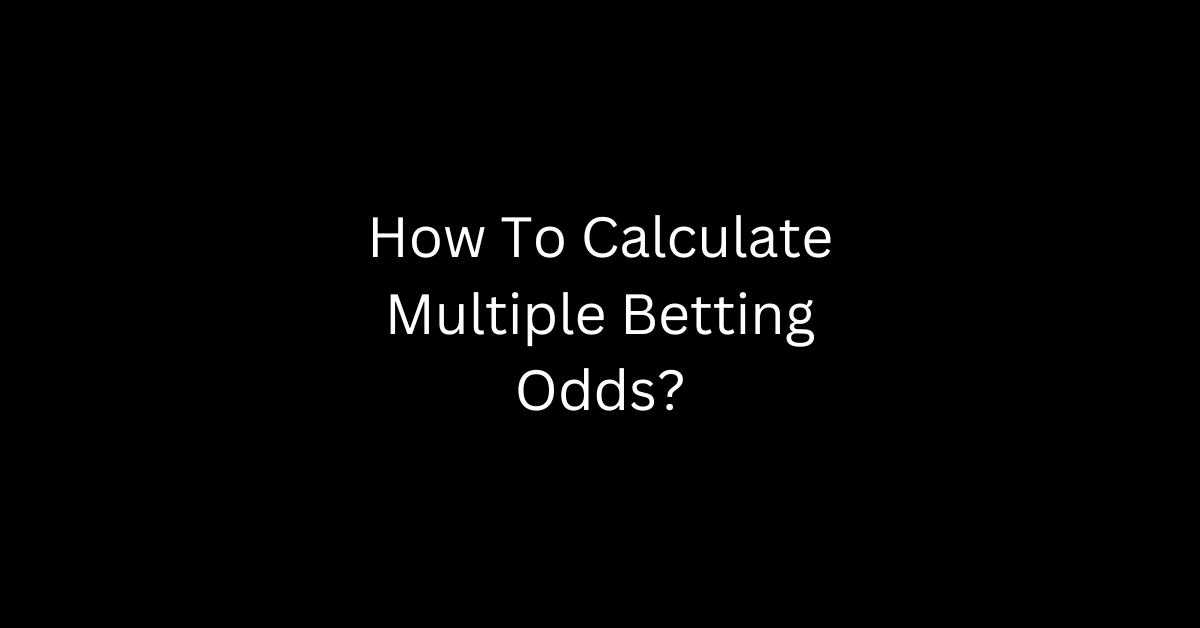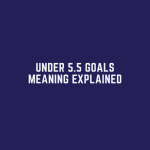Calculating Decimal Odds
Decimal odds are a common way of representing the likelihood of an event happening in sports betting. They are also known as European odds and are widely used by bookmakers across the world. Understanding how to calculate decimal odds is essential for anyone looking to place a bet in this format.
To calculate decimal odds, you simply divide 1 by the probability of the event occurring and then multiply by 100. For example, if an event has a 40% chance of happening, the decimal odds would be 1 divided by 0.4, which equals 2.5. This means that for every $1 you bet, you would receive $2.50 back if the event happens.
Understanding Fractional Odds
Fractional odds, also known as British odds, are commonly used in the United Kingdom and Ireland. They are represented by two numbers separated by a slash, such as 5/1 or 3/2. The first number indicates the amount of profit that will be made if the bet wins, while the second number represents the stake.
For example, if you see odds of 5/1, it means that for every $1 you wager, you will make a profit of $5 if your bet is successful. In this scenario, your total return would be $6 ($5 profit + $1 stake). On the other hand, odds of 1/2 would mean that you need to wager $2 to make a profit of $1, with a total return of $3 ($1 profit + $2 stake). Understanding fractional odds is essential in effectively calculating potential payouts and making informed betting decisions.
Converting Fractional Odds to Decimal Odds
To convert fractional odds to decimal odds, it is a simple process that involves some basic arithmetic. To begin, take the fractional odds given and divide the first number by the second number. For example, if the fractional odds are 5/2, you would divide 5 by 2 to get 2.5 as the decimal odds. This conversion allows for easier comparison and calculation of potential payouts.
Once you have obtained the decimal odds, it becomes much clearer to see the implied probability of a particular outcome. The higher the decimal odds, the less likely that outcome is perceived to occur. Decimal odds also provide a straightforward representation of the potential return on investment, making it easier for bettors to make informed decisions when placing their bets.
Calculating Implied Probability
When it comes to sports betting, understanding implied probability is crucial for making informed decisions. Implied probability represents the likelihood of an event happening according to the odds set by bookmakers. To calculate implied probability for decimal odds, you simply divide 1 by the decimal odds. For example, if the odds are 2.5, the implied probability would be 1 divided by 2.5, which equals 0.4 or 40%.
For fractional odds, the process is slightly different but still straightforward. To find the implied probability of fractional odds, divide the denominator by the sum of the numerator and denominator. For instance, if the odds are 3/1, the calculation would be 1 divided by (3+1), resulting in an implied probability of 0.25 or 25%. Understanding implied probability allows bettors to assess the value of a bet and make more informed choices when placing wagers.
Calculating Potential Payouts
To determine the potential payout of a bet, simply multiply the amount wagered by the decimal odds offered. For instance, if you place a $10 bet on an outcome with decimal odds of 2.50, you would calculate the potential payout by multiplying $10 by 2.50, resulting in a potential payout of $25. In this scenario, your total return would be $25, which includes the initial $10 stake and $15 in profit.
In another example, if you bet $20 on a selection with decimal odds of 1.80, the potential payout can be calculated by multiplying $20 by 1.80, yielding a potential payout of $36. In this case, the total return would be $36, comprising the original $20 bet and $16 in winnings. By understanding how to calculate potential payouts using decimal odds, bettors can accurately assess their potential returns and make informed decisions when placing bets.















